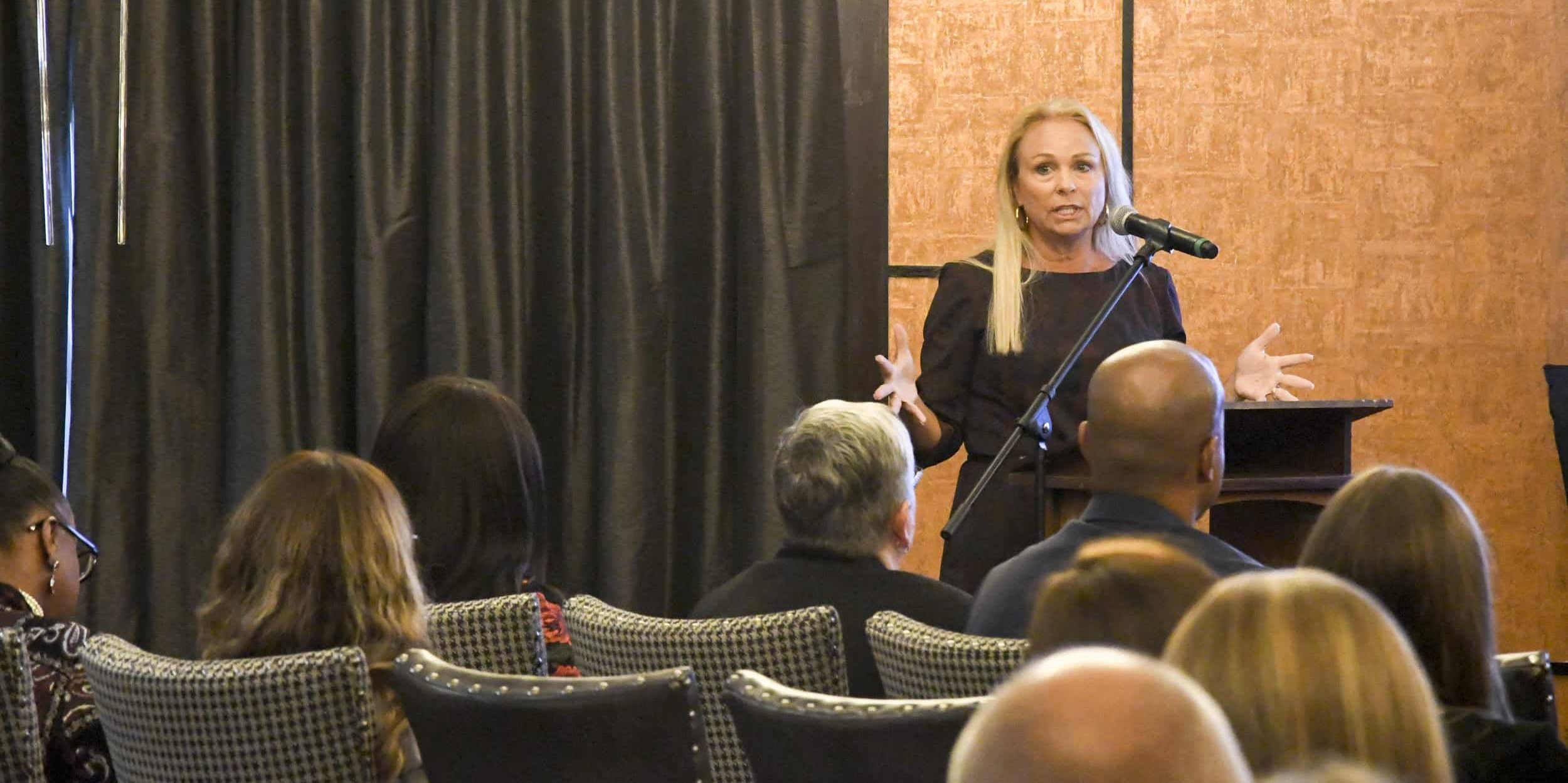7 Habits That Lead to Success
I was excited to have an opportunity to participate in CenterState CEO’s 7 Habits of 7 Highly Successful People in September. It was humbling to be asked to share seven of my own habits, and I was excited to hear with the other six individuals would have to share (refer to #5 below). Since these habits are a big part of Lifecircle Leadership, I wanted to share them with you on my blog, too. Enjoy!
- Take time every day to think. Critical thinking and reflection are lost arts. Do what you can to bring them back. Whether you choose meditation, prayer, communing with nature, or another activity, discover ways to “fill your cup.” Work and home life get busy – but don’t forget – it’s often silence and contemplation that bring on creative ideas and brilliant solutions.
- Practice self-care. Those of you who have read my book, Lifecircle Leadership, know I use the analogy of the flight attendant instructing passengers to secure their own oxygen masks before helping others in case of an emergency. You can’t be your best self for others without taking time for yourself. Self-care looks different for everyone. For me, it’s an hour of daily exercise. Taking an hour out of your day may seem like a luxury you can’t afford, but we need it. Our sense of feeling physically well impacts our energy level and mindset. Your career is like a marathon, not a sprint – pace yourself. Self-care is not a luxury; it’s necessary to achieve your top performance.
- Simplify your life. Easier said than done, right? We all have busy lives – unfortunately, that busyness can obscure the things that are most important to us, like family, friends and our critical path to success in our career. I recently read a book that’s helping me with this habit – “Essentialism, the Disciplined Pursuit of Less” by Greg McKeown. In his book, Greg provides questions that help you identify your essential two or three drivers of success. Focusing primarily on accomplishing these drivers of success gives you the ability to eliminate many other extraneous decisions.
- Live with integrity. Sure sounds like something we all strive to do, right? But what does integrity look like? It means you know your values and choose to live in alignment with them – being wholly yourself – and it’s key to identifying your unique success factors. As adults, we are likely pretty clear on what our values are, but does the time we spend each day reflect those values? Do a time study of your typical day – how much time do you spend on activities that reflect your values? Is there room to make more of an effort to connect your values with how you spend your time? If you’re interested in investigating this topic further, Henry Cloud wrote a great book on pursuing our life purpose entitled “Integrity.”
- Seek information broadly and keep an open mind. Yes, it’s important to keep up with reading content in your industry and online news, but it’s equally as important to read for pleasure and to expand your worldview. We live in a polarized society, so I purposely look for various perspectives. I receive weekly Enewsletters from a variety of sources—McKinsey Global, Center for American Progress, Brookings, Heritage Foundation, Kaiser Health Foundation, World Economic Forum. Having a broad understanding of the world has helped us form a more balanced framework for thinking about problems and solutions. Your knowledge creates your worldview.
- Learn to let go. Let go of failure and the illusion of control. Let go of important tasks, by delegating them to grow people. Expect greatness and support it. I frequently tell my team that the purpose of my role is to support their successes—to ensure that they have the resources, knowledge, and time to achieve great things for Loretto and themselves. And they do, every day.
- Invest in relationships with family, friends and team members. I’ve saved the most important habit for last. In my experience, every problem is a people problem. If you have a financial problem, you have a people problem. If you have a strategy problem, you have a people problem. Investing in relationships takes time, and time is the currency of life. It is the only thing that you can only spend once, so spend it wisely.

